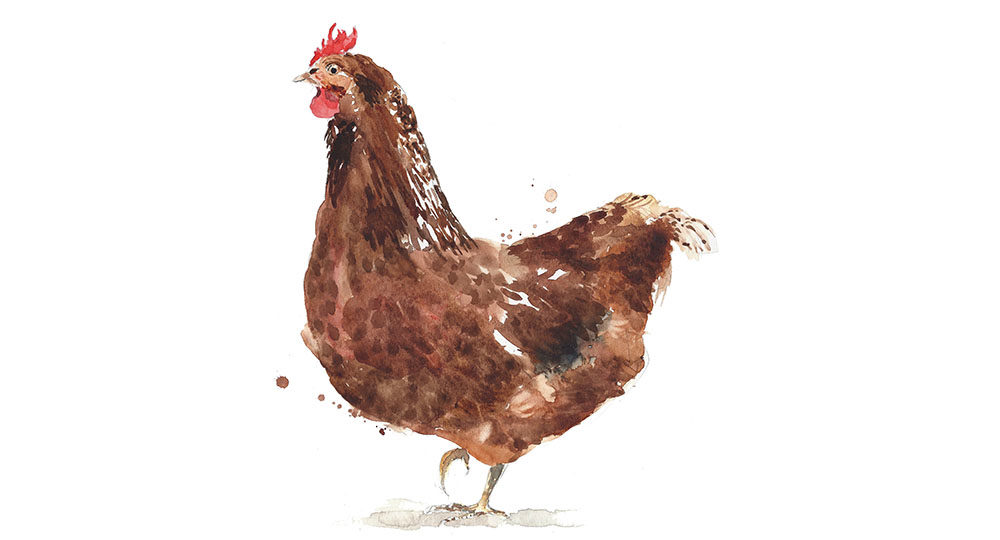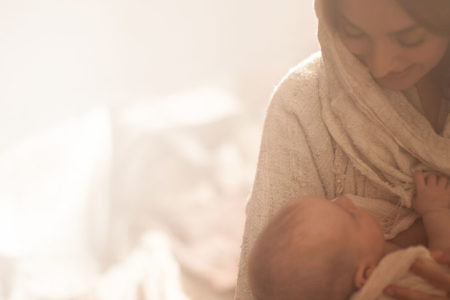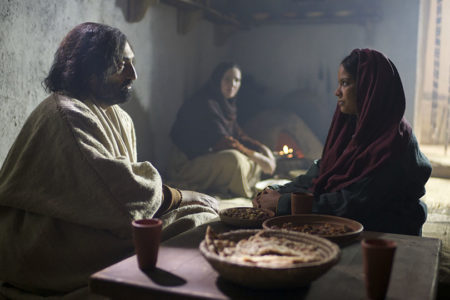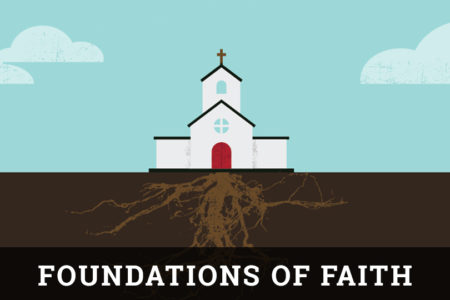My Mother’s Chicken
Growing up Jewish in my family guaranteed that buying chicken would be an unusual experience. Instead of going to the supermarket like everyone else in my neighborhood, we went to the shochet (pronounced shoiychet)—the only man in town certified to slaughter chickens in the manner prescribed by Jewish law to make them kosher.
I would ride with my father, who would park in the shochet’s yard near the chicken coop and then tell me to wait in the car while he went inside to do business. Sometimes I wondered exactly what went on in there, but the strong smell and constant cackling noises made me content to wait until my father reappeared, toting a huge bag filled with dead chickens. He stashed the bag in the trunk, drove home, and presented the sack to my mother, who was, as usual, in the kitchen.
Father’s job was done. Mother’s job had just begun.
First she “flicked” the chickens, as she called it, removing all the feathers. Then she severed the long, bony, skinny feet from the legs and stored them for later use in a recipe with an unpronounceable Yiddish name. Then she cut the chickens, cleaned the chickens, and soaked the chickens in salt to remove all trace of blood, as dictated by Jewish law.
And for this great luxury of buying kosher, she paid much more than supermarket prices. But my mother had been raised by her uncle, an Orthodox rabbi in Montreal, and for her, buying trayf (non-kosher) was out of the question.
She never owned a Bible, and no one ever told her about Proverbs 31. That industrious, hard-working woman described in the Word of God could have been my mother.
Everything I wore she made on the little, black, portable Singer sewing machine that she set up on the dining room table. Every sweater I owned as a child, she knit, or taught me how to knit.
My father’s business was so bad that my mother owned only a handful of dresses, which she bought in a bargain basement, and two or three pairs of shoes. My dad owned one suit and two pairs of shoes, one for work and one for synagogue. His work clothes consisted of the suit, shirt, and shoes he had previously worn out.
When I was in sixth grade, my mother developed cancer, but she kept going despite surgery after surgery. I’ll never forget the time I outgrew my favorite party dress. There was no money to buy fabric to make another, so she carefully took it apart, redesigned it, recut it, and reassembled it. She added a little scrap of lace here, a little strip of ribbon there, and presented me with the most beautiful dress I had ever seen.
I never remember her going to sleep. When I was in bed, I could hear the steady hum of her little machine sewing away downstairs.
Every curtain and drapery in the house was made by my mother. She even made my bedspread. She stripped all the floors and woodwork and refinished them. All of this she did while wearing a back brace, necessary after a spinal fusion of dubious worth that probably would not even have been performed today.
Several years before her death, my father almost lost his business. My mother could no longer afford to buy kosher chickens. She was so ashamed to buy trayf that she would bury the poultry in the bottom of her shopping cart, hoping that no one from the Jewish community would see it there.
After six long years of suffering with cancer, she finally died at the age of 52. She is buried in the Hebrew Holy Society Cemetery. I was 17 at the time of her death; my brother was 14.
To my knowledge, no one every told her that God loved her (Jer. 31:3; Jn. 3:16). No one ever told her that the Lord Jesus is the long-awaited Messiah of the Jewish people who fulfilled all that the Jewish prophets foretold of Him (Mic. 5:2, etc.). No one ever told her that the Lord Jesus loved her so much that He willingly bore her sin, endured her punishment, and bled and died in her place so that she could be saved from condemnation before God—and from bondage to Jewish law—and set free (Isa. 53:4–8; Jn. 5:24).
No one ever told her that Jesus rose from the dead because He is the Holy One of Israel, God Almighty Himself (Isa. 9:6; 43:15; 53:10–12), and that He stood ready to wash her sin away and give her the gift of everlasting life (Rom. 6:23). All she had to do was ask Him for it (Jn. 1:12–13).
No one ever told my mother that it wasn’t her chickens that God was concerned about; it was her heart (Dt. 10:16; Isa. 29:13; Rom. 10:9–10). It wasn’t trayf that separated her from God; it was sin (Isa. 59:1–2). Her children indeed have risen up and called her blessed, but no one will ever be able to tell her so, and I will never see my mother again.
If you know for sure that the sin that separated you from God has been forgiven by God’s grace solely through your faith in the death, burial, and resurrection of Jesus, then you need to tell this good news to someone else. And if you do not know for sure, wouldn’t you like to? If you would like to ask the Lord Jesus to come into your life, wash your sin away, and give you the gift of everlasting life, here is a simple prayer that you can pray from your heart:
Lord Jesus, I know that I am a sinner and stand condemned before You. I thank You for dying for me because You love me. I now put my faith and trust in You, the Holy One of Israel. Thank You for being true to Your Word and saving me. Amen.







